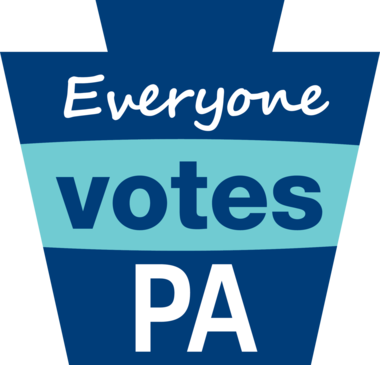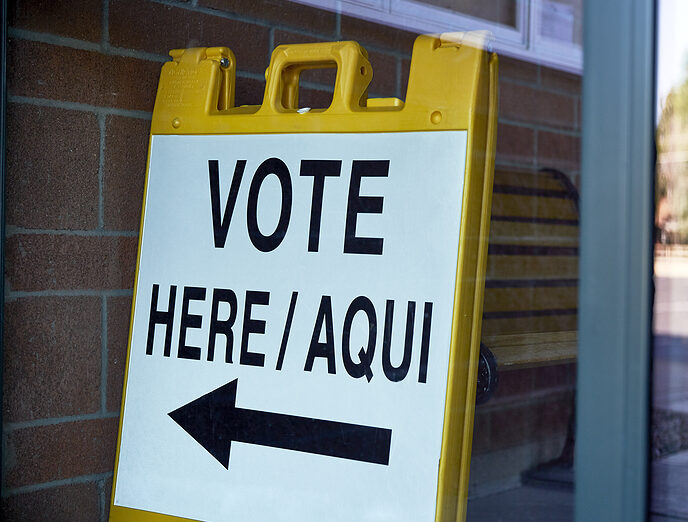For another point of view, see: Point: Only Party Members Should Vote in Primaries Next week millions of Pennsylvanians will head to the polls to participate in the primary elections that decide who appears on the November ballot. Unfortunately, more than a million other voters will be left on the sidelines due to our closed […]


